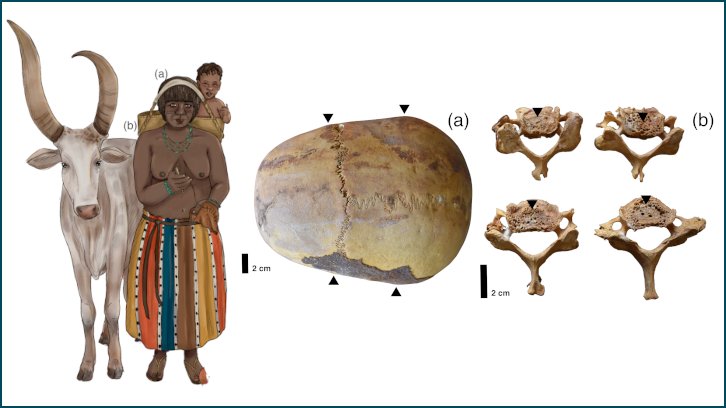Seven Dimensions of Personality Pathology are under Sexual Selection

Personality disorders (PDs) are mental health problems which are diagnosed when the usual way of thinking, feeling and behaving deviates from that of the majority, and when they produce suffering in several life areas or interfere with the consecution of life goals such as health, social relationships, family, mating, career, or economic stability. The prevalence of PDs in the general population is about 10%, and they are associated with, or worsen the evolution of, other mental health problems including suicide and somatic diseases that reduce longevity. In spite of their high prevalence, impact, and financial costs, we know very little about their causes. Particularly, we do not know how such a harmful mental disorder, able to reduce both quality and quantity of life, persists at such a high prevalence in the population. In contrast, other mental health disorders such as Schizophrenia have a prevalence of about 1%. For this reason, we hypothesized that PDs may be maintained through sexual selection, that is, they may increase reproduction (fitness) at the expense of reducing health and survival.
To test our hypothesis, we measured seven pathological personality traits in almost 1000 subjects in order to find out whether they had some relation with status, reproduction, and mating success. All seven dimensions were to some extent under sexual selection. Negative Emotionality increased reproductive success (number of offspring) in women and reduced it in men, whereas Persistence increased reproduction in men and was irrelevant in women. Asociality reduced mating success in both sexes, as well as the number of offspring in men. Impulsivity-Sensation Seeking increased the number of mates in both sexes without any effect on reproduction. Antagonism multiplied the number of short-term mates in men without any effect on other parameters or in women. Subordination shortened relationships in men and delayed the first reproduction, without any consequence in women. Finally, Oddity only advanced the first reproduction with no effects on other parameters. Regarding status, Negative Affectivity and Oddity were detrimental whereas Persistence and Subordination enhanced it, and the remaining dimensions showed minor effects.
This work shows for the first time that the laws of biological evolution can be fruitfully applied to personality pathology. Even more, it suggests that personality pathology cannot be completely understood unless an evolutionary perspective is adopted, and that many of the diseases we diagnose nowadays may really be Darwinian strategies.
References
Vall, Gemma; Gutiérrez, Fernando; Peri, Josep M.; Gárriz, Miguel; Ferraz, Liliana; Baillés, Eva; Obiols, Jordi E. Seven basic dimensions of personality pathology and their clinical consequences: Are all personalities equally harmful? British Journal of Clinical Psychology. 2015, vol. 54, num. 4, p. 450-468. doi: 10.1111/bjc.12091.


